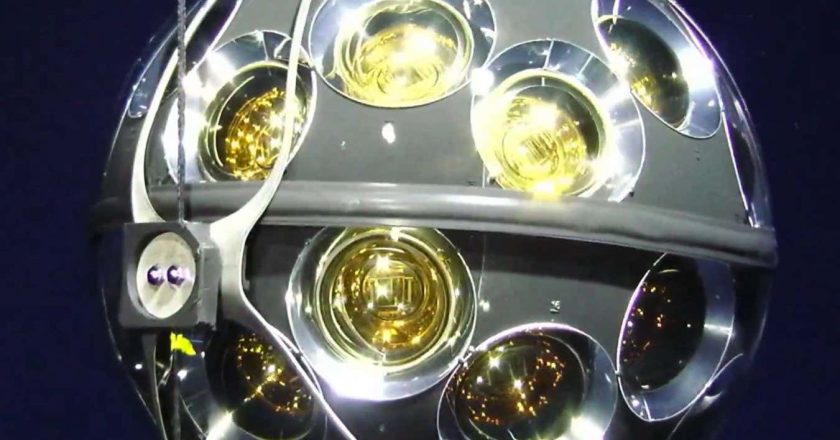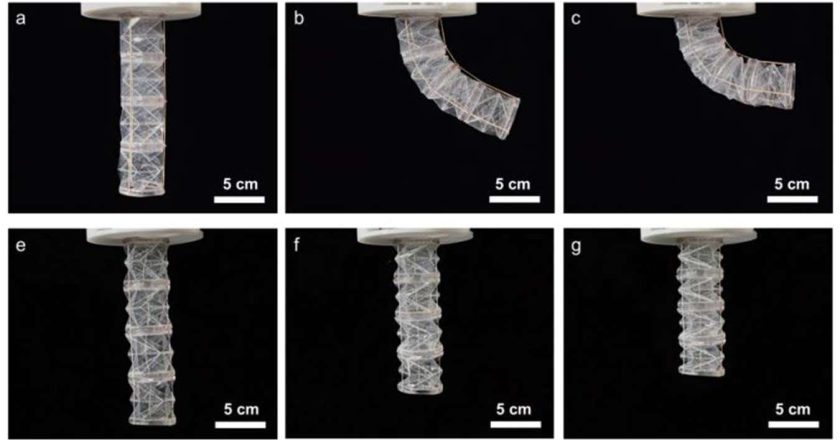Record-breaking neutrino spotted tearing through the Mediterranean Sea
Part of the KM3NeT neutrino detector on the seafloorKM3NeT
A shockingly powerful neutrino that ripped through a new particle detector in the Mediterranean Sea has taken physicists by surprise, and it could be a first tantalising glimpse into some of the universe’s most cataclysmic events, such as the merging of supermassive black holes.
Neutrinos, sometimes referred to as “ghost particles”, barely interact with most matter because they are nearly massless and have no electric charge. This means that neutrino detectors typically incorporate vast amounts of dense substance, such as water or ice, in the hopes that a powerful neutrino might knock into an atom and produce a shower of particles that reveal tell-tale signs of its existence.
Damien Dornic at the Centre fo...




